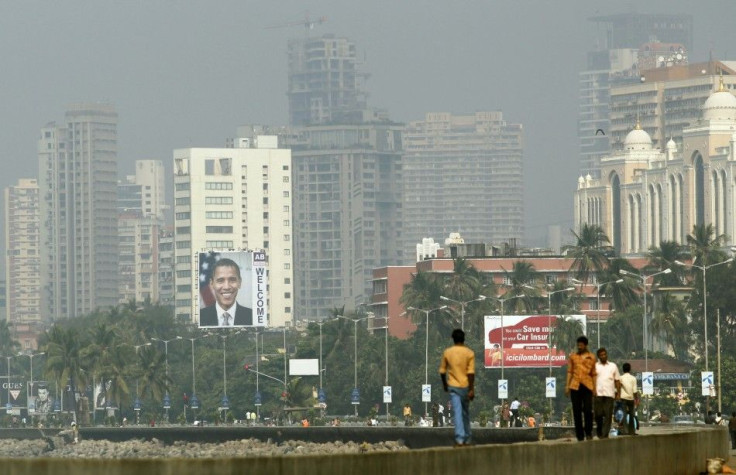Analysis: Obama's Trade Legacy in a Crucible This Fall

After a slow start that has frustrated U.S. business groups, the next four months could be important to President Barack Obama's legacy on trade.
Obama has a goal of doubling U.S. exports by 2014 but he has not moved as aggressively as his Republican predecessor, George W. Bush, to open markets abroad.
This month business groups expect Obama at long last to submit three Bush-era free trade pacts with South Korea, Colombia and Panama to Congress for approval.
We're quite confident that Congress has the votes needed to approve the pact, said Frank Vargo, vice president for international economic affairs at the National Association of Manufacturers.
Successful passage by Congress would burnish Obama's free trade credentials and boost talks on a regional free trade agreement that the White House hopes will establish 21st Century trade rules in the fast-growing Asia-Pacific region.
The plan is for Obama and leaders of the eight other Trans-Pacific Partnership countries to shake hands on the broad outlines of a deal in November when the United States hosts the Asia Pacific Economic Cooperation summit.
The proposed pact would build existing U.S. free trade deals with Australia, Chile, Singapore and Peru into a regional free trade pact that includes Malaysia, Vietnam, New Zealand and Brunei Darussalam.
Japan, Canada, South Korea, the Philippines and Thailand have also expressed interest in eventually joining the pact.
LABOR OPPOSITION
Still, Congress' approval of the South Korea, Colombia and Panama deals is not assured.
Richard Trumka, president of the AFL-CIO labor federation which opposes the deals, boasted on Wednesday that opponents may have the votes to stop the pacts, which they see as a threat to U.S. jobs. I think we have a real shot at it, Trumka said.
In addition to the challenge from organized labor, Obama must persuade Republicans focusing on spending cuts to renew a retraining program for displaced workers known as Trade Adjustment Assistance. This is critical to gaining enough Democratic votes in the Senate to approve the trade pacts.
Republican opposition to TAA makes our job, quite frankly, a little bit easier, because no one is going to support those trade agreements without TAA, said Trumka.
Democrats like House Minority Leader Nancy Pelosi and Senator Charles Schumer also have signaled plans to push for a vote on legislation to pressure China to revalue its currency in conjunction with the free trade pacts.
That would inflame relations with Beijing and possibly trigger tit-for-tat trade retaliation if Obama does not expend political capital to block it.
The early start of the 2012 U.S. election campaigns, however, may dampen Obama's appetite to lead aggressively on trade.
But if the administration spends the effort and actually finishes the job (the trade deals) with Congress, that will send a very positive signal, said Jeffrey Schott, a senior fellow at the Peterson Institute for International Economics.
RUSSIAN HOPES
It should also be clear by time of the APEC summit whether U.S. and European Union efforts to usher Russia into the World Trade Organization by the end of this year will succeed. Russia is the largest economy still outside the WTO.
Russia's membership would require Obama to persuade U.S. lawmakers to approve permanent normal trade relations (PNTR) with Russia by lifting a Cold War-era restriction on trade known as the Jackson-Vanik amendment.
If Congress does not, Moscow would be entitled under WTO rules to deny U.S. companies the market-opening benefits of the accession agreement the United States helped negotiate.
U.S. officials want Congress to approve PNTR before Russia formally joins the WTO. But Vargo of the National Association of Manufacturers warned that be a heavy lift because of concerns in Congress about Moscow on a number of fronts.
In December, Obama's chief trade negotiator, U.S. Trade Representative Ron Kirk, will go to WTO headquarters in Geneva to discuss the Doha round of world talks, which is in the doldrums after 10 years of talks.
The economic benefits of an agreement to further liberalize trade among the 153 members of the WTO would far surpass any of the bilateral deals pending in Congress or the proposed Transpacific pact, said James Bacchus, a former WTO appellate body judge and former member of Congress.
Obama should lead an effort to salvage a deal from the Doha round and then forge a new trade agenda for the 21st Century, Bacchus said.
© Copyright Thomson Reuters 2024. All rights reserved.





















